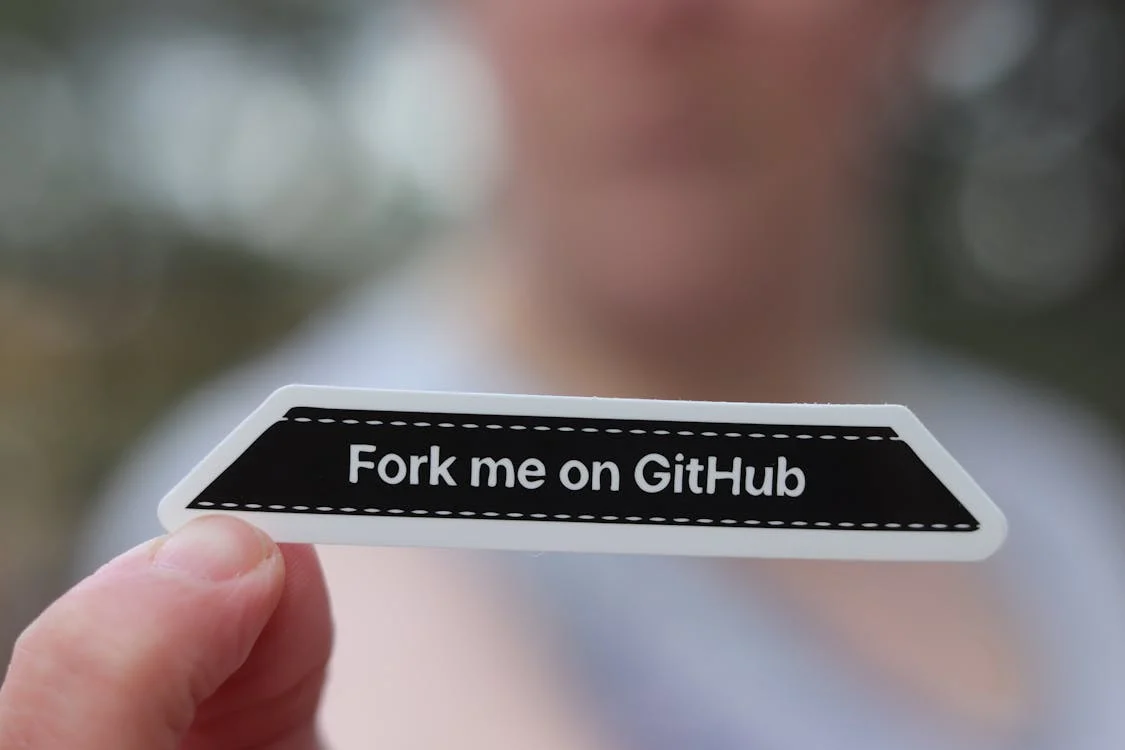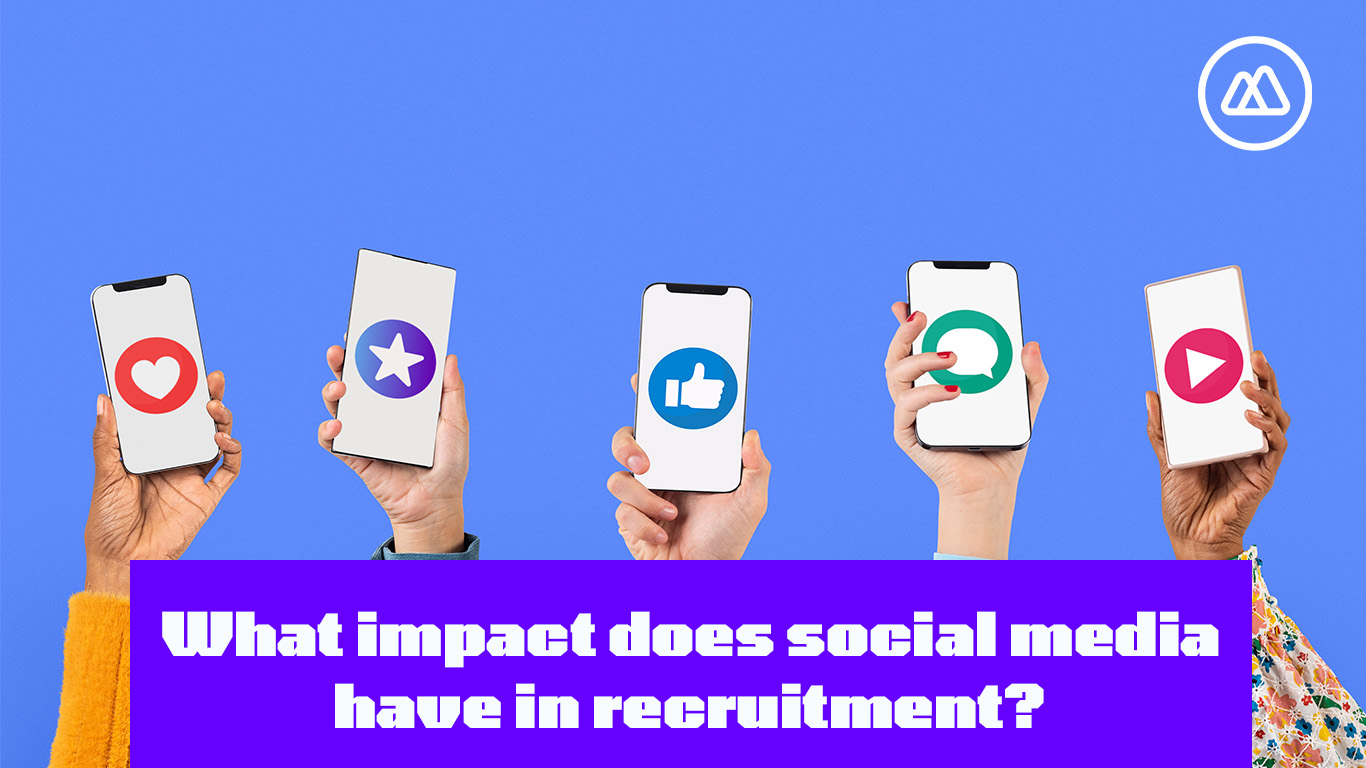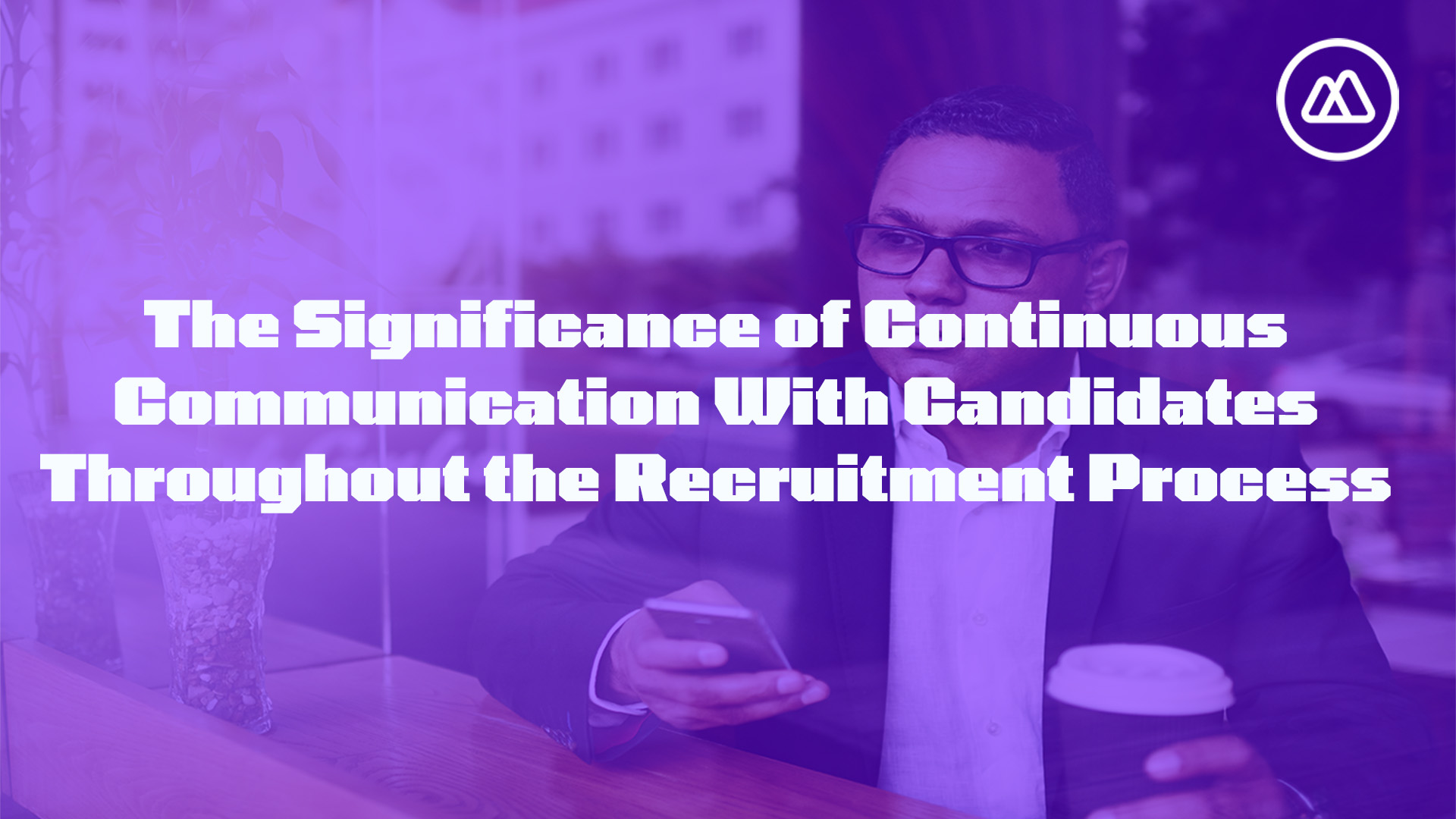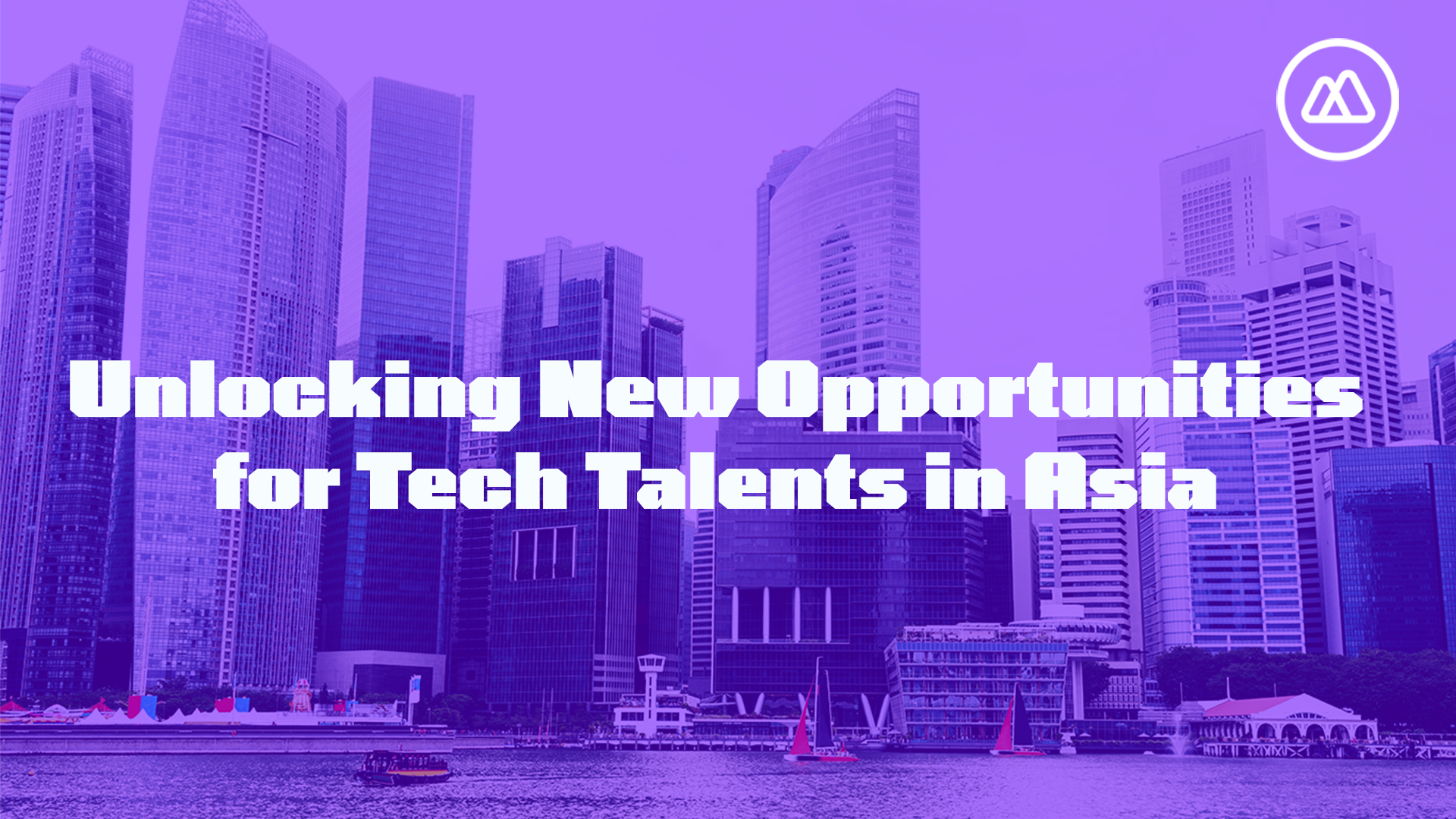
The Real Cost of a Bad Developer Hire—and How to Avoid It Hiring the wrong developer doesn’t just slow your team down—it can quietly bleed your resources, morale, and product quality. At Base Camp Recruitment, we’ve seen how one mis-hire can set even the strongest teams back. Here’s a breakdown of the real cost—and how to make sure it doesn’t happen to you.
The Hidden Price Tag On paper, a bad hire might look like a few wasted months and a severance package. But dig deeper and it gets more expensive—fast. Lost time: Your team spends weeks onboarding, mentoring, and reviewing code that might need rewriting later. Delayed output: Projects get stuck or pushed back because the work doesn’t meet expectations. Team morale: High-performers get frustrated cleaning up someone else’s code or carrying their weight. Opportunity cost: While dealing with the wrong hire, you’re missing out on the right one. In the tech world—where speed, quality, and collaboration matter—these losses compound quickly.
Why Bad Hires Slip Through The problem often starts with the hiring process. Many teams focus heavily on technical interviews but overlook context: They pass a test but fail in production. They know the syntax but struggle to collaborate. They ace the whiteboard but can't debug in real time. Most bad hires aren’t technically incompetent—they’re just not the right fit for your team. How to Avoid It At BaseCamp, we’ve refined our approach to reduce the risk of mis-hires. Here’s what we recommend: Use real-world tasks. Don’t test algorithms from 1999. Give them tasks that reflect your actual day-to-day work. Dig into soft skills. Can they explain their decisions? Do they ask good questions? Can they work with product and QA without ego? Prioritise team fit.
Culture isn’t just about vibes. It’s about how someone communicates under pressure, handles feedback, and thinks about long-term code health. Act fast but hire slow. Speed is great—but skipping crucial evaluation steps to fill a seat usually costs more later. Final Thoughts The wrong hire doesn’t just cost money—it costs momentum. But with the right process, you can spot red flags early and make hires that truly move your team forward. At BaseCamp, we don’t just match skills to job descriptions—we match people to the way your team actually works.







.png)







.png)












.png)


.png)
.png)














































